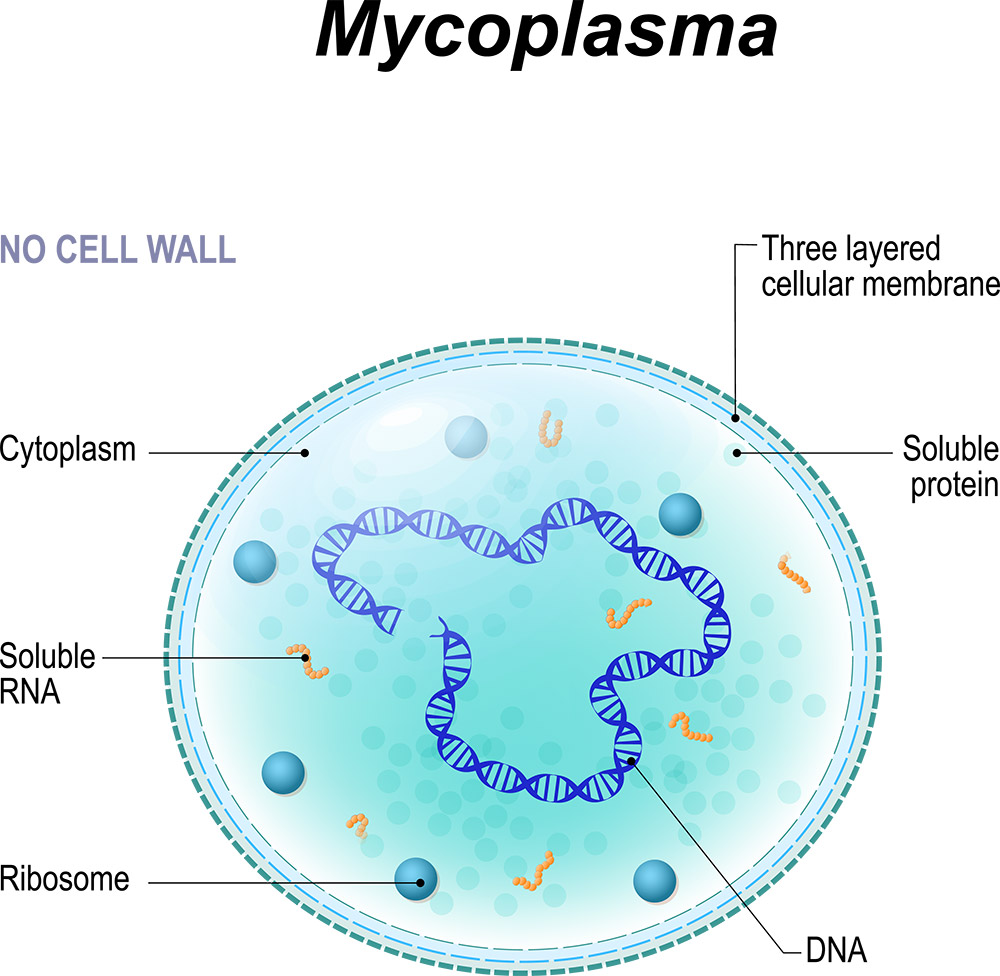



Protect herd health and productivity with PCR
Because bovine mastitis can cause significant economic losses year over year, farmers and veterinarians need quick and accurate diagnostic results to identify the mastitis-causing pathogen(s) so they can quickly develop an action plan to minimize loss of milk, duration of treatments and spread of disease to the rest of the herd.Traditionally, bacterial culture has been used for the diagnosis of mastitis infections. However, culturing can take up to 10 days; and some pathogens can be difficult to grow and can produce false-negative results.
PCR solves these types of problems by providing a much quicker and more accurate diagnosis through detection of bacterial DNA, independent of bacterial viability. A culture requires the pathogens to be alive in order to allow proper growth. The complete workflow to test milk samples by a real-time PCR assay would typically take between 2.5 and 3 hours to generate an answer, compared with up to 10 days for culturing. Real-time PCR allows the testing of milk from composite, pooled, or bulk tank samples and individual quarters – regardless if the samples are fresh, frozen, or preserved. The multiplexing capability of real-time PCR allows for pathogen amplification with an objective positive or negative result in a single diagnostic test.
 In the specific case of herds infected with Mycoplasma bovis and other mycoplasma species, farmers have no time to waste. Herd health, welfare, and productivity are significantly impacted by mycoplasma mastitis. Mycoplasma infections can substantially compromise udder heath, negatively impacting milk quality and production and resulting in reduced premiums and unnecessary antibiotic costs if the farmer decides to treat before receiving diagnostic test results. No treatment is currently available for mycoplasmas, and most farmers ultimately decide to cull infected cows, which can have a huge economic impact on the production system. Real-time PCR testing provides quick and effective test results of mastitis-associated pathogens within less than a day. Quick turnaround of test results can help farmers and veterinarians take proper individual animal or herd management actions.
In the specific case of herds infected with Mycoplasma bovis and other mycoplasma species, farmers have no time to waste. Herd health, welfare, and productivity are significantly impacted by mycoplasma mastitis. Mycoplasma infections can substantially compromise udder heath, negatively impacting milk quality and production and resulting in reduced premiums and unnecessary antibiotic costs if the farmer decides to treat before receiving diagnostic test results. No treatment is currently available for mycoplasmas, and most farmers ultimately decide to cull infected cows, which can have a huge economic impact on the production system. Real-time PCR testing provides quick and effective test results of mastitis-associated pathogens within less than a day. Quick turnaround of test results can help farmers and veterinarians take proper individual animal or herd management actions.
Other pathogens like Prototheca species are becoming more prevalent in mastitis cases but are also difficult to grow in standard culture. In some cases, it can be difficult to discriminate between different pathogen species in culture, such as Klebsiella vs. E. coli and Mycoplasma vs. Acholeplasma. Accurate pathogen detection is critical since the actions taken to treat or manage these pathogens can be quite different.
PCR, due to its specificity and sensitivity, provides clear and objective assay results, which allow for veterinarians and farmers to make informed decisions to create targeted treatments to minimize use of antibiotics. Prudent use of antibiotics can reduce duration of treatment, labor, antibiotic cost, and the likelihood of pathogen resistance, which can help keep milk production flowing.
Have questions? Contact a dairy specialist
Learn more at thermofisher.com/mastitis
For Veterinary Use Only. For In Vitro Use Only. Regulatory requirements vary by country; products may not be available in your geographic area.
TheCattleSite News Desk




